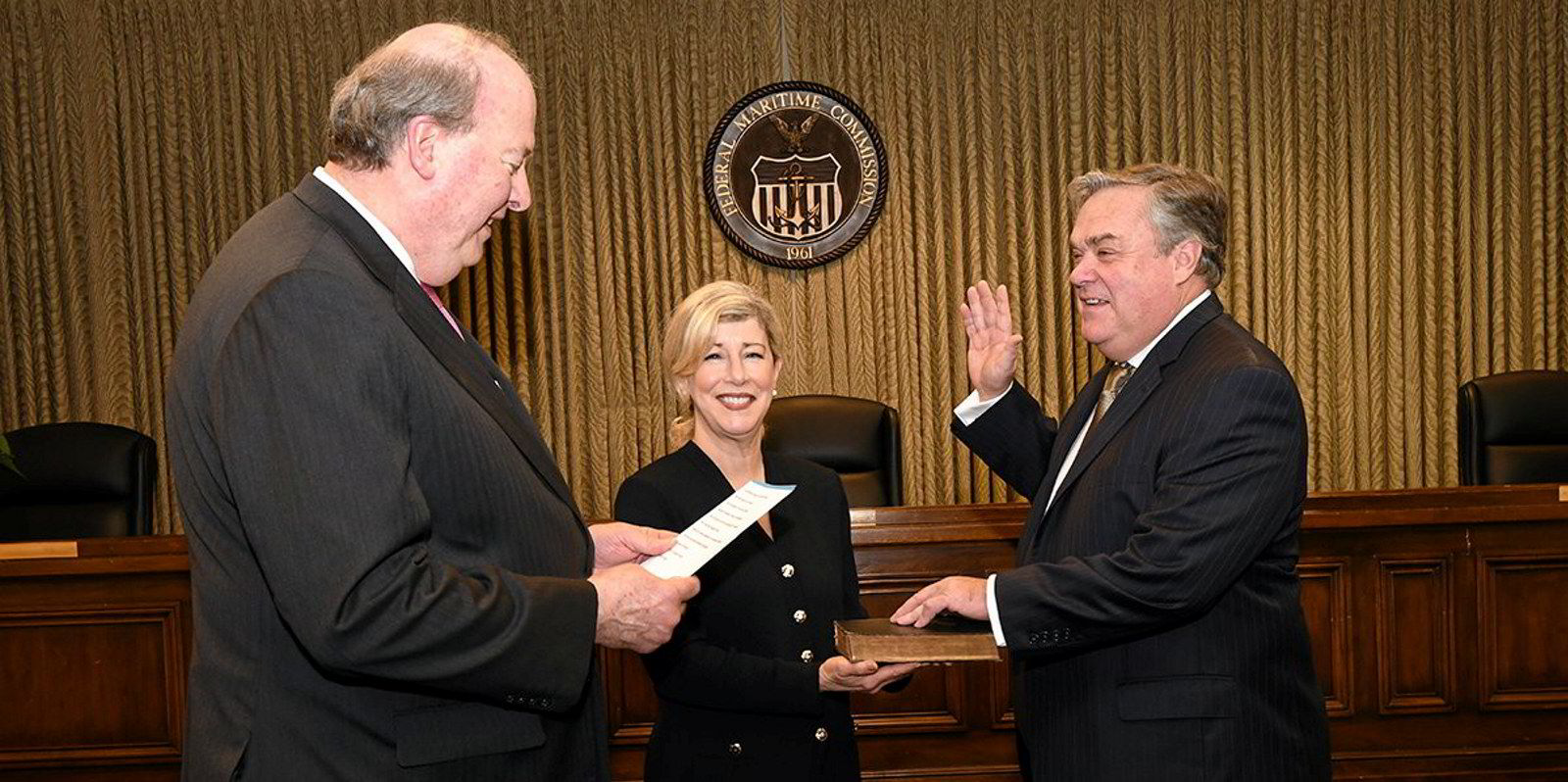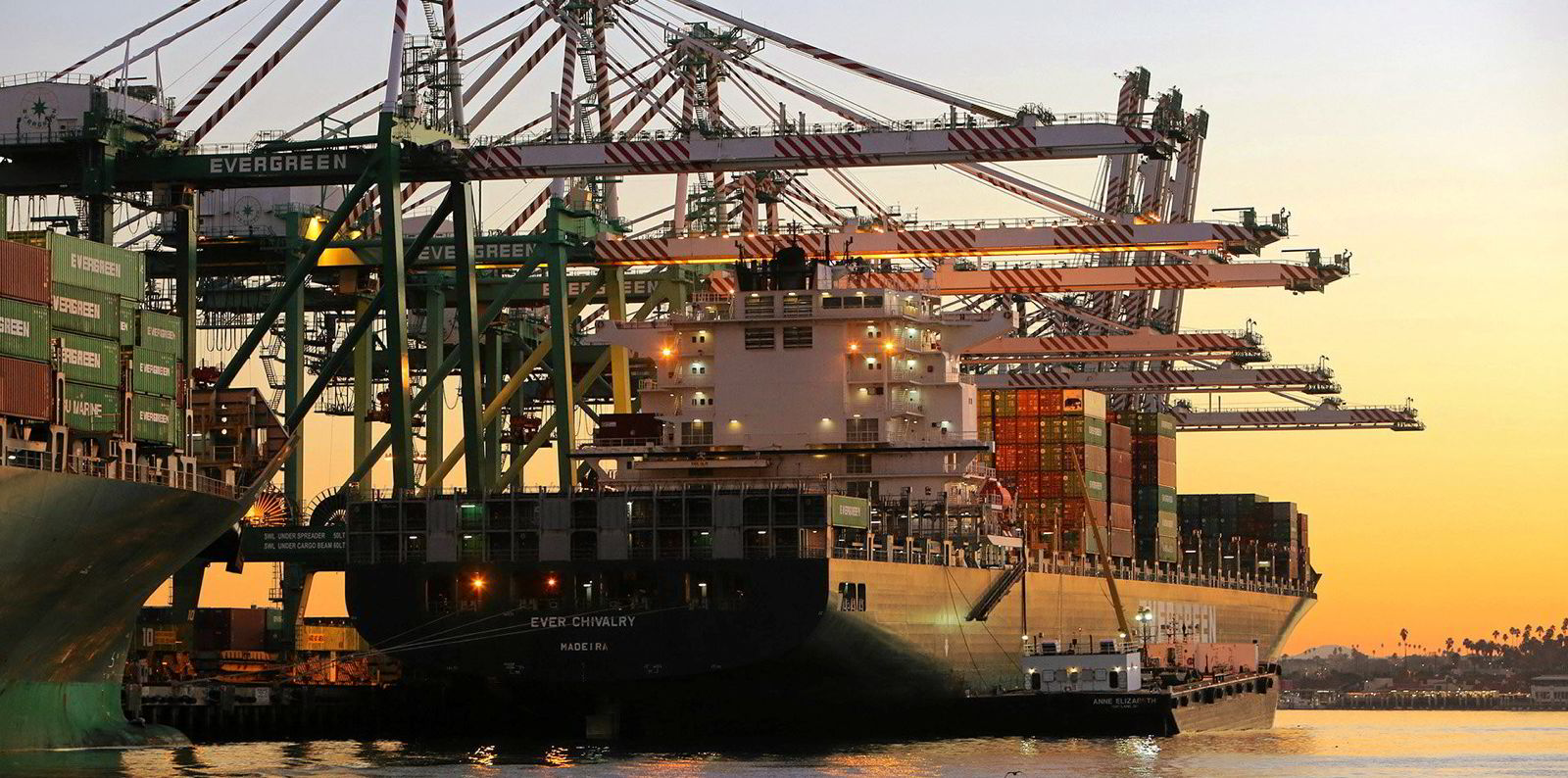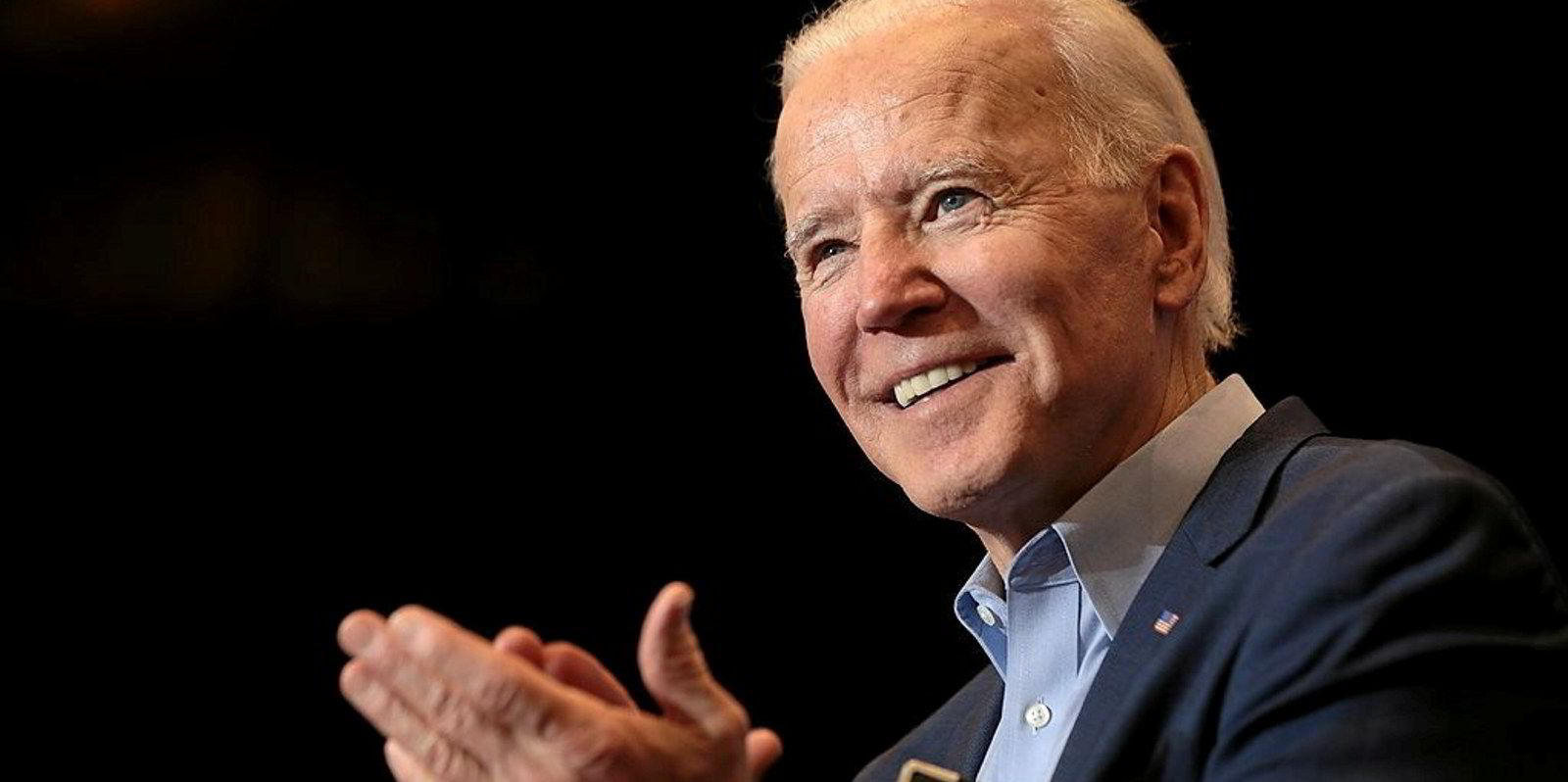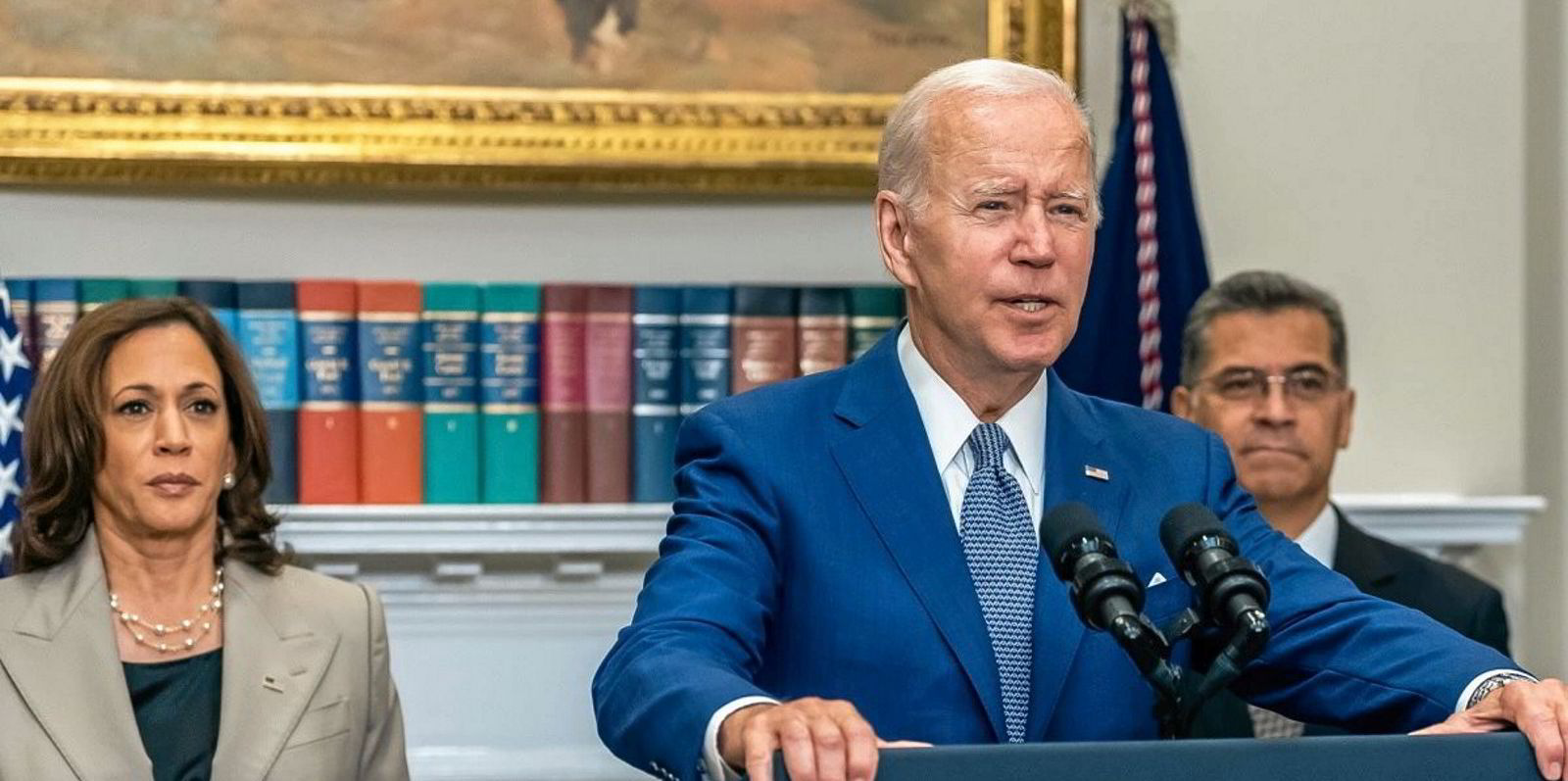At least one member of the US Federal Maritime Commission (FMC) does not share President Joe Biden’s anger at liner operators.
On a Capital Link panel on how the recently enacted Ocean Shipping Reform Act (OSRA) would impact the global supply chain, commissioner Carl Bentzel said he does not think container shipping companies are colluding to raise prices and jam-pack ports.
“I don’t agree there’s collusion that’s driving the current challenges. It’s easy to point a finger here, but there’s frustration with the market. I would say that deserves attention and that’s why we’re looking into it,” he said during the panel on Tuesday.
Bentzel said liner shipping has become more concentrated, citing 16 mergers since 1997, none of which the Department of Justice looked into.
But both he and fellow panel member John Butler of the World Shipping Council agreed the driver behind the massive congestion at US ports was supply and demand dynamics, not other factors.
On 10 June, Biden urged Congress to pass the OSRA, arguing foreign-owned liner operators were jacking up prices en route to runaway profits.
“Every once in a while something you learn makes you viscerally angry, like if you had the person in front of you, you want to pop them. I really mean it,” he said.
Biden argued the bill, which in part regulates detention and demurrage charges liner operators charge shippers, would lower shipping costs.
A week later, the OSRA was passed, despite protests from shipping companies that argued they were being unfairly singled out for supply chain congestion and inflation.
On Tuesday, Bentzel suggested the new law was attacking the symptoms of port congestion and not the root causes.
Issues like detention and demurrage, where liner operators charge shippers fees for either not picking up containers or not returning containers in a timely fashion, have become a rallying point for US shippers. A recent report from Container xChange shows US ports charging the highest such rates in the world.
Under the OSRA, liner operators will have to justify the charges.

Bentzel said detention and demurrage problems were caused by port congestion, but that the FMC has launched a data initiative to help move cargo more quickly.
Butler said the OSRA was not designed to fix congestion.
“Notwithstanding a lot of the rhetoric from some people, if you listen to the floor statements that were made when the bill went through the [House of Representatives] on the consent calendar, a lot of people stood up and said, ‘I’m going to vote for this. It won’t fix congestion’,” he said.
Butler said congestion is a market problem and the solutions would come from the market.
“As we see inflationary pressures, as we see the possibility of recession, you can only think that’s going to reduce the demand and that will help things to get back into wack,” he said.
“That’s always been the case. No market like this lasts forever. We said that at the beginning when we saw these very unusual market conditions.”(Copyright)





